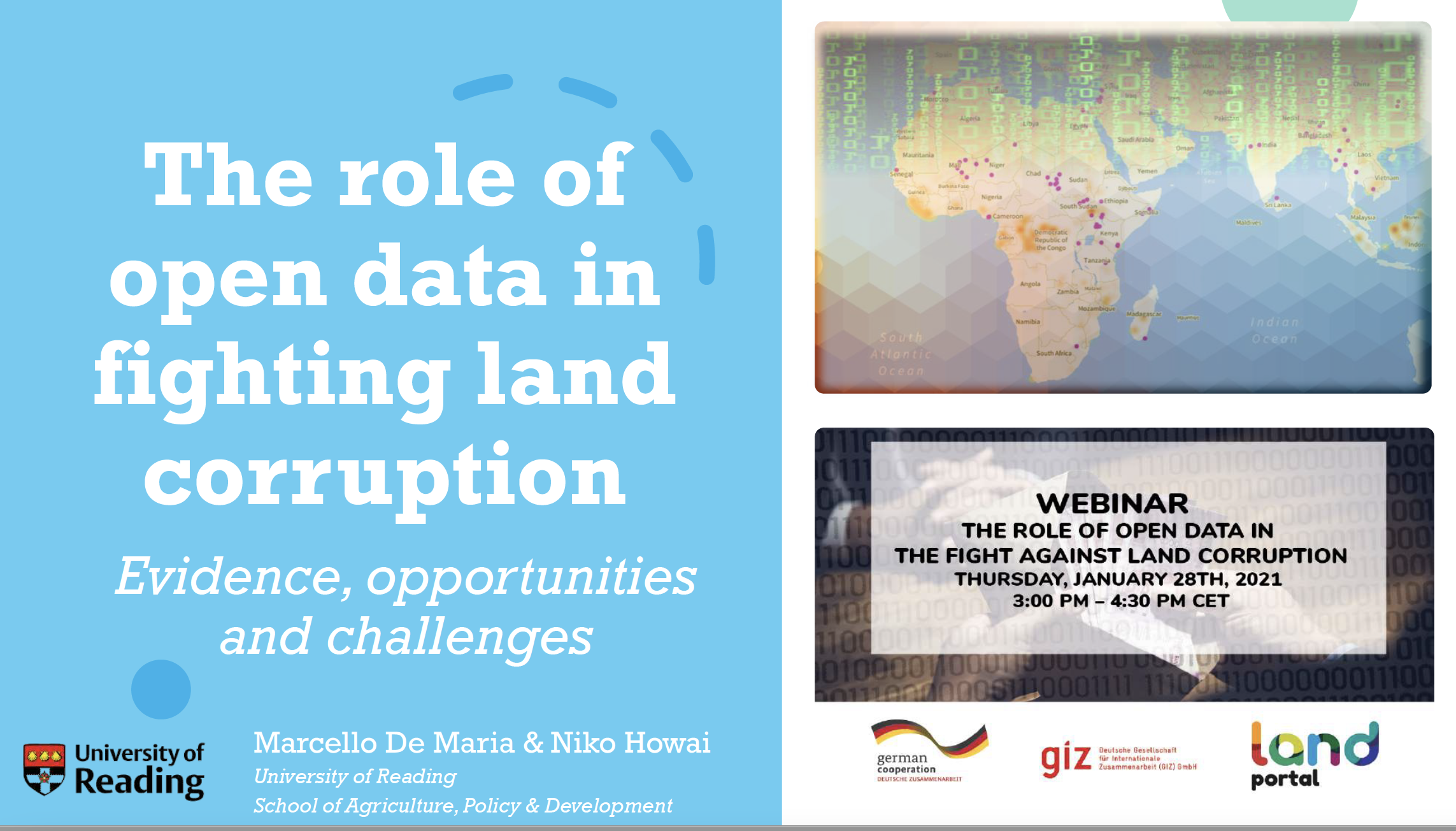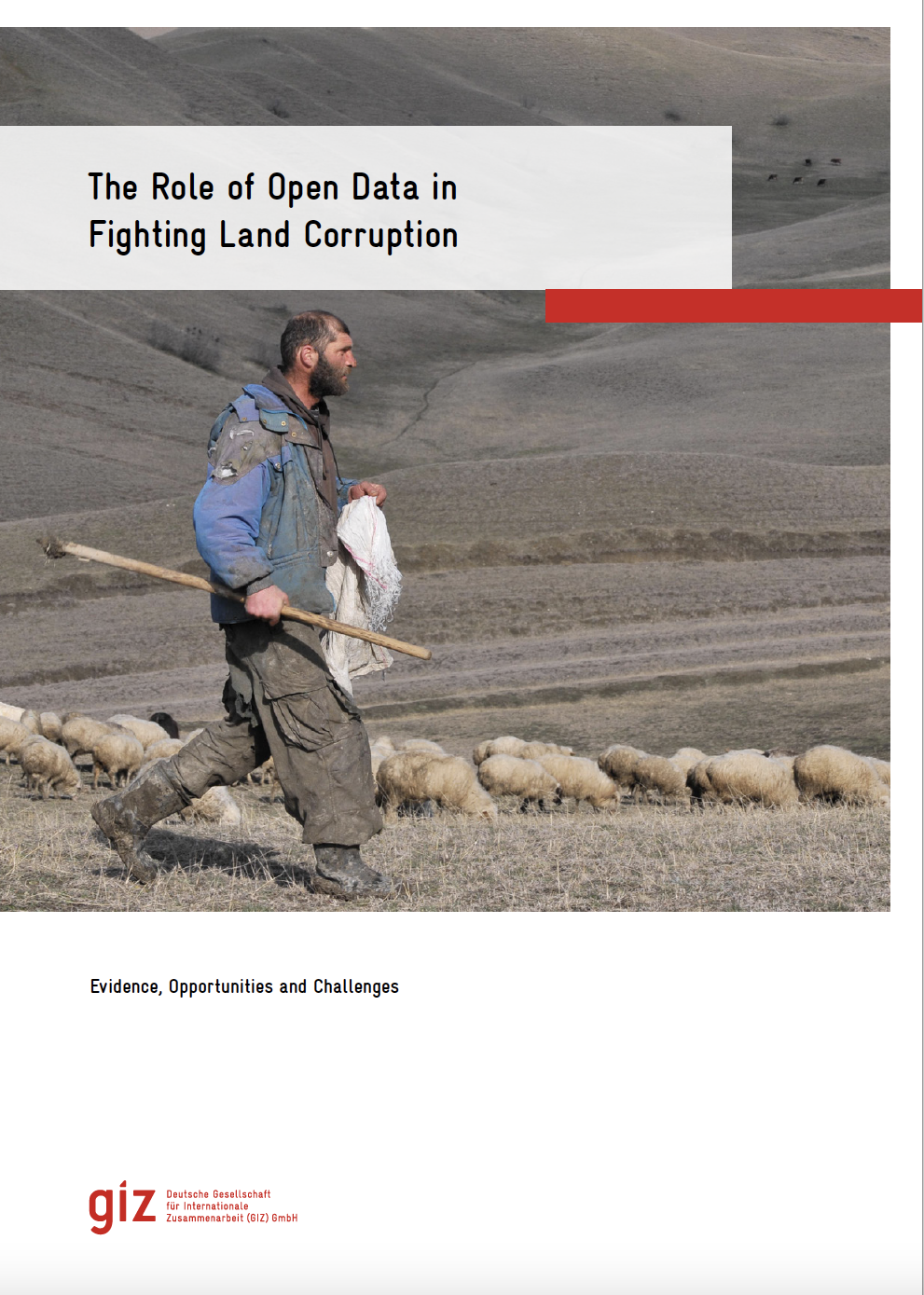Hybrid Approaches for Smart Contracts in Land Administration: Lessons from Three Blockchain Proofs-of-Concept
The emergence of “blockchain” technology as an alternative data management technique has spawned a myriad of conceptual and logical design work across multiple industries and sectors. It is also argued to enable operationalisation of the earlier “smart contract” concept. The domain of land administration has actively investigated these opportunities, albeit also largely at the conceptual level, and usually with a whole-of-sector or “big bang” industry transformation perspective.




